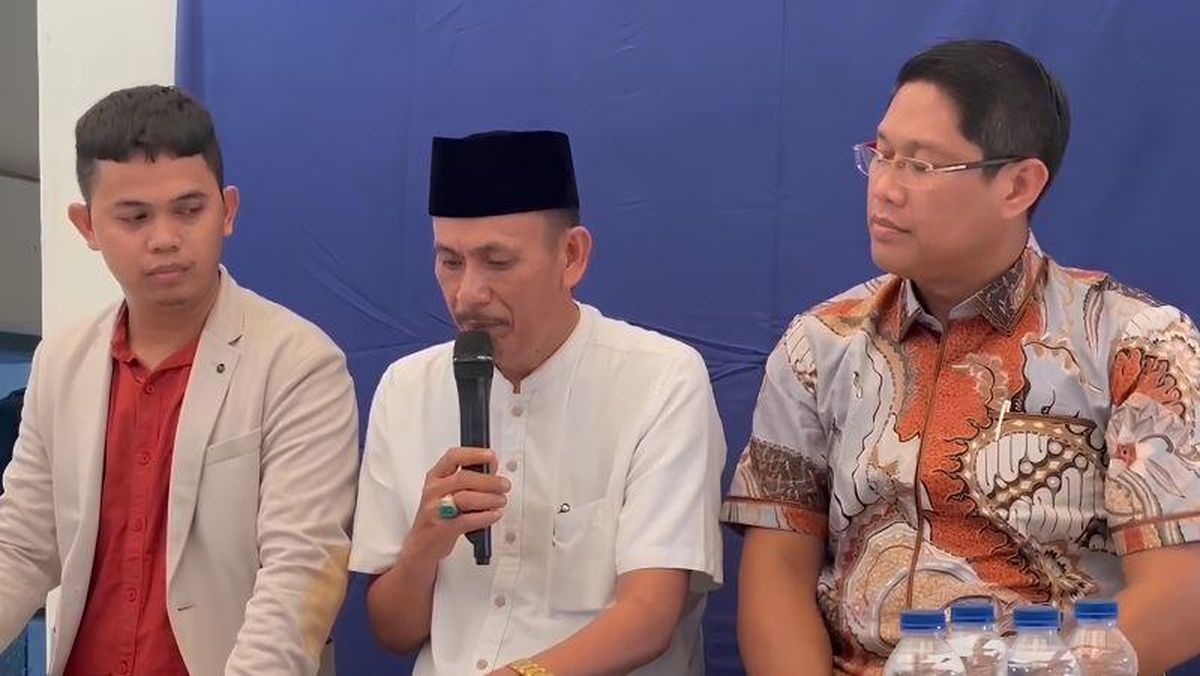November 29, 2024 | 07:13 am

TEMPO.CO, Jakarta - The Agriculture Ministry is to take over the control of food institutions and state-owned enterprises. This risks worsening the management of the food sector.
The Red and White Cabinet has only been working for a month, but indications that, like its predecessor, the administration of President Prabowo Subianto is failing to manage strategic national issues are already apparent. The agriculture and food sectors could be its first victim.
The government is discussing changes to a number of regulations concerning the management of agriculture and food non-ministerial institutions and state-owned enterprises (SOEs). The position of the National Food Agency and the Indonesian Quarantine Agency, which are currently directly responsible to the president, will be moved under the authority of the Agriculture Ministry. Meanwhile, the authority of the Agriculture Ministry will be extended with the additional responsibility of overseeing and developing fertilizer company Pupuk Indonesia, distribution and trade company Rajawali Nusantara Indonesia, plantation company Perkebunan Nusantara, the State Logistics Agency (Bulog), and the State Forestry Company (Perhutani)—a role currently held by the SOEs Ministry.
Agriculture Minister Amran Sulaiman claims that the endeavor to accelerate the achievement of food self-sufficiency requires coordinated policies. In his letter to Prabowo dated October 24, Amran referred to “a sole command for agriculture from top to bottom.” This proposal was accompanied by a draft text for changing regulations that underlines the importance of integrated management of food and agriculture as a way of mitigating the global food crisis.
The threat of a global food crisis is serious. According to a report published by the World Food Program in April, in 2023, 281.6 million people around the world are in a state of acute food insecurity, a twofold rise compared with the figure five years earlier. Climate change and the geopolitical situation have caused economic problems, including to the global food supply chain, resulting in an increase in the number of regions facing the threat of a food crisis to 59 countries. Although Indonesia is not on this list of nations, it could still feel the impact.
The government must formulate an integrated food policy to anticipate this. The management of the agriculture and food sectors has long been in disarray. Low-quality data and poor coordination between institutions have led to chaos in government policy, from planning to realization. The food estate projects in Central Kalimantan and North Sumatra during the area of President Jokowi are one example of this.
But putting the Agriculture Minister in control of food institutions and state-owned enterprises is clearly a mistake. Instead of being a solution, this move could give rise to new problems. Prabowo must put a halt to this plan.
Prabowo should order Minister Amran to focus on putting right a number of problems in the Agriculture Ministry. The report of an audit carried out by the Supreme Audit Agency published in September contains details of poor performance by the Agriculture Ministry in its programs to ensure food availability and affordability from 2021 to the first half of 2023. The management of the ministry’s budget for expenditure of goods, capital expenditure, and current asset balance also had a large number of flaws because they were not supported by evidence of responsibility and were not in line with regulations.
With such a poor report, it is impossible to imagine how the Agriculture Ministry will be able to carry out its new responsibilities, especially controlling food-related SOEs. There is a risk that these SOEs will have to bear the burden of the ambitious project to establish rice fields that were planned by Prabowo and Amran long ago. Looking at previous experiences, when the government has asked SOEs to work on infrastructure projects, it has led to major losses to the companies and to the state budget. It would be very unfortunate if the agriculture and food sectors were the next target.
The Risk of Prabowo's Pragmatic Diplomacy
15 jam lalu

The agreement between Prabowo and Xi Jinping to jointly manage the region of overlapping claims disadvantages Indonesia.
A Good Example from Hasanuddin University
1 hari lalu

Cases of sexual violence on campus often go unresolved. Campus task forces established to handle these cases should include legal experts.
11 Dismissed Agriculture Ministry Staff Accused of Distributing Fake Fertilizer
1 hari lalu

11 employees who have been dismissed previously held positions as directors, officials at level II and III, and staff who processed fertilizer procurement.
The Danger of Jokowi's Intervention in Regional Elections
2 hari lalu

Jokowi is backing a number of candidates in the regional elections, including in Jakarta and Central Java.
Loopholes in Debt Write-Offs for Small Businesses
6 hari lalu

The government writes off non-performing loans of fishermen and small business owners. Detailed criteria can prevent moral hazards.
Wrong Approach to Climate Crisis Mitigation
7 hari lalu

Hashim Djojohadikusumo leads the Indonesian delegation at the COP29 summit in Azerbaijan. But he is more a representative of corporate interests.
Agriculture Minister Promises Rp20 Million Monthly Income for Students Participating in Food Brigade Program
7 hari lalu

Agriculture Minister promised an income of around Rp 10-20 million per month for students who participate in the food self-sufficiency brigade program
Tito Karnavian Urges TP PKK to Achieve Asta Cita Goals
8 hari lalu

Tito Karnavian emphasizes the critical role of TP PKK & Posyandu in advancing the Asta Cita program, focusing on food security and energy efficiency.
Prabowo's Duplicity over Human Rights
8 hari lalu

The new government is trying to erase traces of past human rights violations. This hurts the victims and their families.
Bapanas Aims to Cease Rice Imports by Next Year
8 hari lalu

The Head of the National Food Agency (Bapanas), Arief Prasetyo Adi, has expressed his intention to cease rice imports as early as next year.

 3 months ago
69
3 months ago
69













































